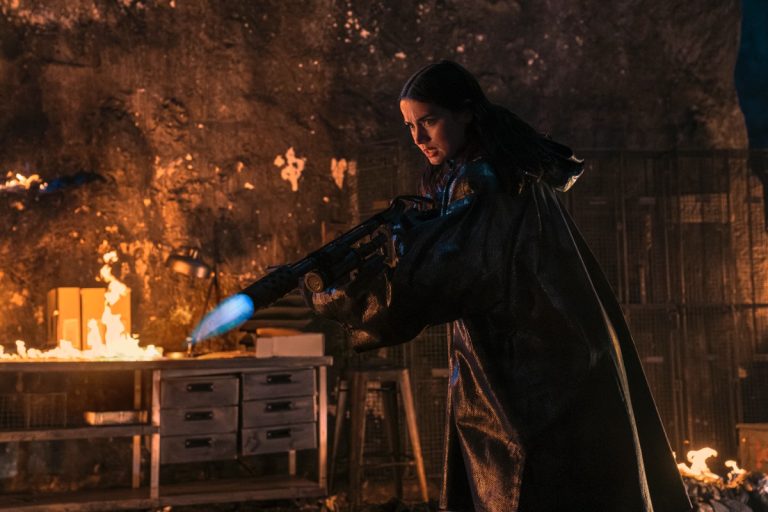“Get on the Bus (1996) is entertaining as it plays, full of banter and camaraderie, but for a film so inwardly focused on this real-life monumental event, it doesn’t have much of a resonating message to leave with.”
Spike Lee has proved himself to be one of the greatest New York filmmakers of his generation, excelling in style, substance, and storytelling. His films approached the intricacies of prejudice, relationships, cultural influence, and the racial structure of America, and did so in a very up-front manner that was heavily stylised, yet entirely life-like. This series brings to light some of the works he directed (and wrote and produced and starred in) in his prolific career, each of which was billed as: A Spike Lee Joint.
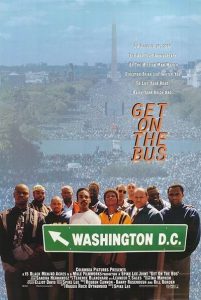
Since there’s little to do cinematically with this road movie, it relies on the strength of the dialogue to really work, bursting with energetic and confident back-and-forths where just about each character has a conversation with each of the others. The film’s entire duration is filled with the kind of authentic and electrifying dialogue Lee has proven to be a master of scribing, though this script was actually written by Reggie Rock Bythewood, making it the second film Lee didn’t have a hand in writing (after Girl 6, his previous film which he released just earlier in the year).
Similar to Get On the Bus (1996) – A SPIKE LEE JOINT: SHE HATE ME [2004]
There’s also the gay couple, Kyle (Isaiah Washington) the fashionable Republican hiding his homosexual pairing with the more open Randall (Harry Lennix), played out with little stereotype, which is why it’s a surprise to the others – especially to Flip (Andre Braugher), the most outspoken, therefore most arrogant of the men, especially when he’s throwing out the word ‘faggot’ at them (which is interesting for those most familiar with Braugher as the gay police captain on Brooklyn Nine-Nine). None of these actors gets prominence over any other, it seems they’re all given an equal amount of screen-time.
The cast of characters is nearly all black, yet they still find ways to antagonise each other, whether by sexual orientation, shade, age, or even choice of name. There are two small appearances to shake up identity tensions even more: Rick (Richard Belzer) who restrains himself as he argues about how much he can identify with racial oppression because he’s a Jew, and upper-class conservative Wendell (Wendell Pierce), who amplifies the political alignment tensions, as well as his dismissal of racism existing in this era of the US.
As very entertaining as the performances and dialogue is, there is the feeling the film isn’t being dramatic enough to really push through with the more serious timely issues of black America. There is a sob story from Jeremiah about how he became homeless simply because he was fired from his job despite the lifetime of work he dedicated to it – although a situation people find themselves in, it’s in this film it feels more like yet another isolated character back-story rather than wholly attributed to black America like how the film wants it to be. In fact, much of these characters’ life-stories are hardly edifying or progress this microcosm of black America on this bus. Each of these characters butt heads over their various back-stories and the transformations they’ve had over their varying decades of life, but there’s overall just a sense of them relaying their differing life experiences, rather than it culminating into anything with thematic worth.

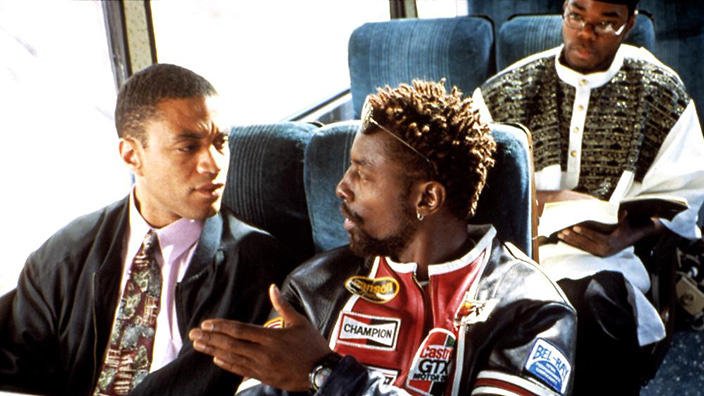
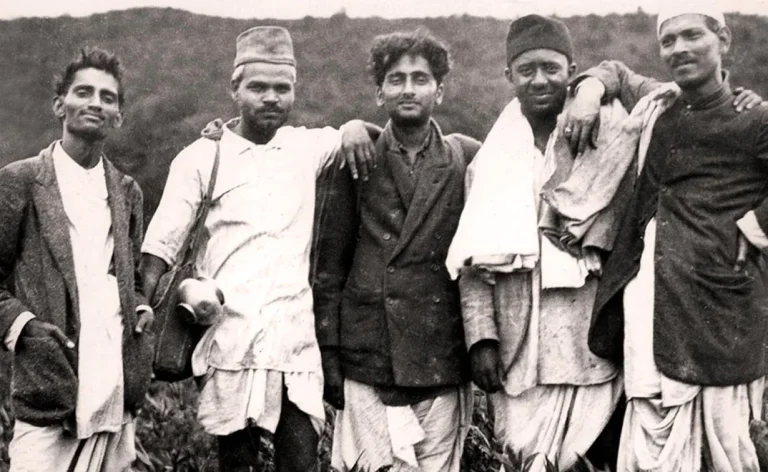
![Kadaisi Vivasayi [2022]: ‘SonyLIV’ Review – A Fascinating Ode to Farmers and Simple Living](https://79468c92.delivery.rocketcdn.me/wp-content/uploads/2022/03/kadaisi-vivasayi-642969-768x432.jpg)
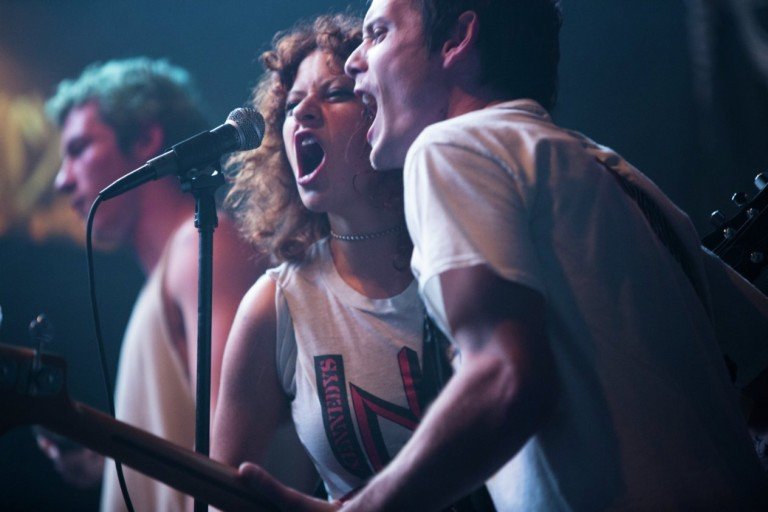
![Alles ist gut Netflix [2019] Review – Bold and Scarred](https://79468c92.delivery.rocketcdn.me/wp-content/uploads/2019/06/Alles-ist-gut-768x441.jpg)
![Cinemawala [2016] : A heartbreaking ode to the single screen theaters!](https://79468c92.delivery.rocketcdn.me/wp-content/uploads/2016/08/Cinemawala555-768x392.jpg)
